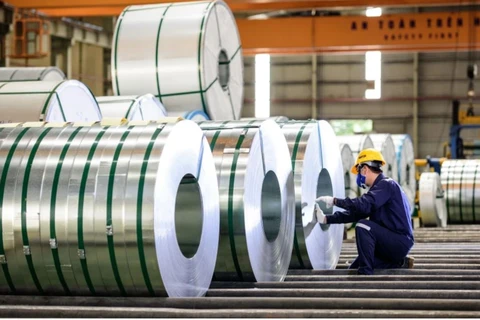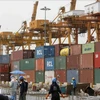Kuala Lumpur (VNA) – The European Union (EU)’s Carbon Border Adjustment Mechanism (CBAM) will impact 75% of Malaysia’s exports to the bloc, according to the Securities Commission Malaysia (SC).
In its Capital Market Stability Review 2023, the SC said that although the EU accounted for only about 8% of Malaysia’s total exports during 2021-2023, its climate and environmental, social and governance (ESG)-related policies like CBAM will affect Malaysian firms through multiple channels.
There is an increasing proliferation of disclosure standards and ESG requirements being imposed at an international and domestic level, all of which require compliance and attention from corporates, it said.
Against this backdrop, the SC is building a thematic study assessing the risk exposure of Malaysian public-listed companies (PLCs) to sustainability factors to emphasise the importance of looking at business strategy and sustainability to incorporate transition plans, given their potential impact on PLCs.
To deliver on the goal, the SC chaired an advisory committee on sustainability which works to identify enablers that will facilitate the use of the standards of the International Sustainability Standards Board (ISSB) in Malaysia and build assurance frameworks to support domestic enterprises.
Firms that have engaged in traditionally carbon-intensive sectors or those with the highest emissions may face the highest costs and risks of stranded assets during any adjustment by investors of clients alike to reduce the carbon intensity of their business activities./.

Vietnamese exporters advised to adapt to Carbon Border Adjustment Mechanism
As the European Union (EU)’s Carbon Border Adjustment Mechanism (CBAM) will enter into application in its transitional phase from October 1, 2023, Vietnamese businesses are forced to join in the “green race” in the context that Vietnam is the union's largest trading partner in the Association of Southeast Asian Nations (ASEAN).























